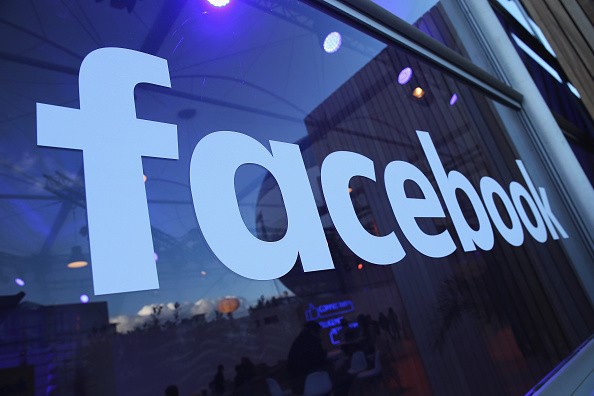Facebook and Microsoft, two of the giant tech companies are working together to build the first ever high capacity underwater internet cable that will pass through the Atlantic. The MAREA cable will start in August and is expected to finish in October 2017.
The underwater internet cable will be running from Virginia Beach in the United States and will end in Bilbao, Spain. Telxius, a subsidiary of the Spanish telecommunications and broadband giant, Telefónica will be operating the project.
In a statement obtained by PR News Wire, Microsoft Corporation Datacenter Strategy, Planning and Development,general manager Christian Belady pointed out that the world is "increasingly moving toward a future based on cloud computing." With this, he said Microsoft "continues to invest in our cloud infrastructure to meet current and future growing global demand for our more than 200 cloud services, including Bing, Office 365, Skype, Xbox Live and the Microsoft Azure platform."
In the statement, Belady said the MAREA transatlantic cable they are building with Facebook and Telxius will provide "new, low-latency connectivity." This will help meet "the increasing demand for higher-speed capacity across the Atlantic," he added.
Facebook and Microsoft's project is the first ever next generation internet system to cross the Atlantic. MAREA, which is the Spanish word for "tide" covers 6,600 kilometers and is the first to offer connection between the U.S. and Southern Europe.
The cable system will also ensure stable and faster coverage to network hubs in Africa, the Middle East and Asia because it is in the south of other transatlantic cable systems. Featuring a new open design, the underwater internet cable will help serve Facebook and Microsoft's customers better.
The cable system will be offered at a cheaper price and at the same time, the upgrade ensures a faster growth in bandwidth. It can transmit up to 160 terabytes per second, which is the highest capacity cable ever built under the ocean.
The cable system of Facebook and Microsoft came next to Google's project that was first built in 2010. Google worked with five other companies to construct the underwater cable system crossing the Pacific ocean.
Google's 5,600-mile undersea cable system offered a beginning capacity of 60 terabytes per second. It is connecting the U.S. and Japan, and is still growing up to this date, according to Telegraph. Amazon is also one of the major companies joining the league of corporations building underwater cable projects.
With the massive capacity of Facebook and Microsoft's internet cable system, it would be able to perform nearly half of what all other cables could offer.
Check out the latest project of Facebook and Microsoft:



























